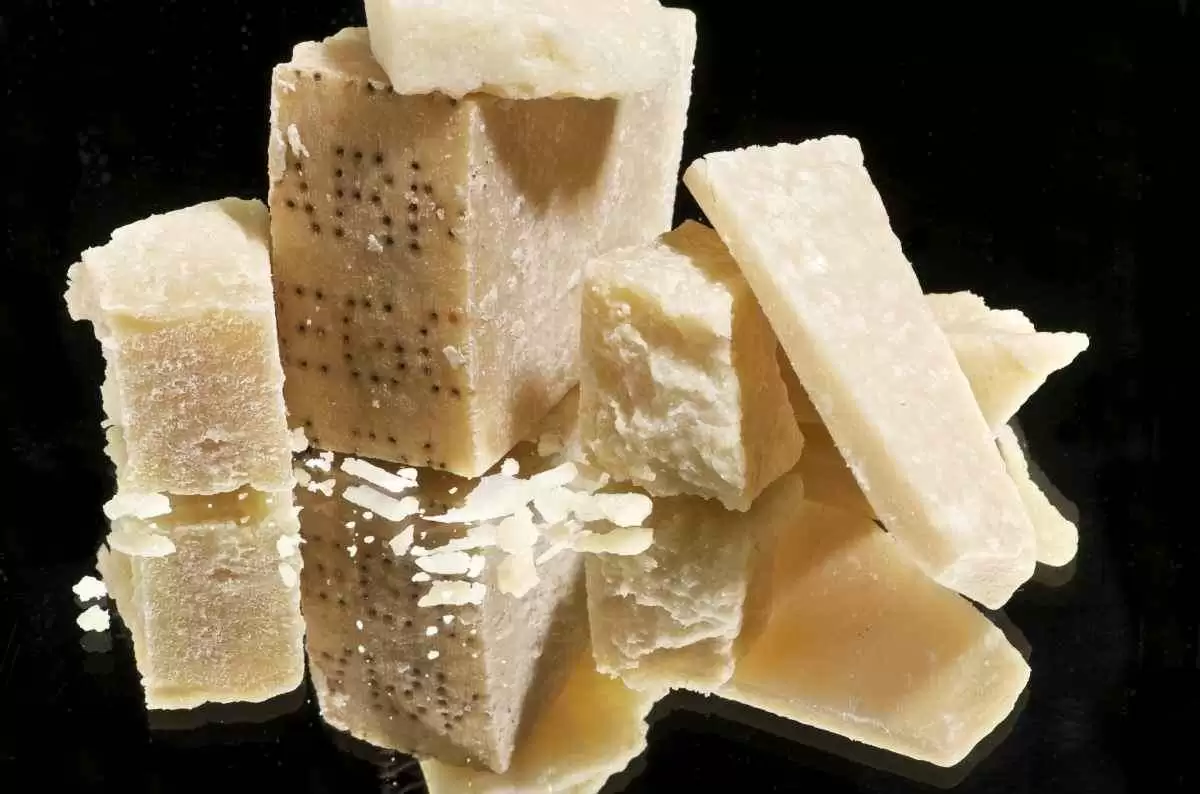
Celiac.com 07/12/2022 - We get a lot of questions from celiac community members wondering if certain products are gluten-free. Lately, we've seen a lot of questions about brands of Parmesan cheese.
Specifically, what brands of Parmesan cheese are gluten-free and safe for people with celiac disease?
Celiac.com Sponsor (A12):
We've done an article about Kraft Grated Parmesan cheese, and the answer is that real Parmesan cheese is a naturally gluten-free food. So, unless gluten is added after processing, most brands of whole, shredded, or ground Parmesan cheese are likely to be gluten-free, and safe for people with celiac disease.
For example, even though Kraft Parmesan cheese is not labeled gluten-free, it contains no gluten ingredients, and does not have any wheat or gluten allergy warnings. The only allergen listed on the label is MILK. For this reason, we regard Kraft parmesan cheese to be gluten-free, and safe for people with celiac disease.
The same is true of most brands of Parmesan cheese, whether they are whole, shredded, or grated. Some brands on our list, like Kraft contain no gluten ingredients, and are known to be trusted. Many brands are labeled gluten-free, and so my provide an extra measure of assurance for people with celiac disease.
As always, read labels, avoid gluten ingredients, and choose carefully.
Have we missed a favorite brand of gluten-free parmesan cheese? Share it in the comments below. Otherwise, consider one of the brands below that is labeled gluten-free.
4C
While not labeled as gluten-free, the only ingredient in 4C Premium Grated Cheese is grated Parmesan, that's it. So, it's safe to consider it gluten-free. It's also widely available and highly rated.
Andrew & Everett
Andrew & Everett Hormone Free Grated Parmesan Cheese is gluten-free with no preservatives, binders, fillers, or extenders.
BelGioiso
BelGioiso is parmesan style cheese crafted in Wisconsin. It is labeled gluten-free.
Igourmet Parmigiano Reggiano Cheese
Voted the best parmesan in America by America’s Test Kitchen and Cook’s Illustrated, Igourmet Parmigiano Reggiano Cheese is available in block form in many markets across America.
Kraft
While Kraft Grated Parmesan Cheese is not labeled gluten-free, it contains no gluten ingredients, and does not have any wheat or gluten allergy warnings. The only allergen listed on the label is MILK.
Mama Francesca
Mama Francesca offers a number of gluten-free parmesan cheeses, along with a blend of Asiago, Parmesan and Romano. Mama Francesca Premium Parmesan Cheese is labeled gluten-free.
Milano’s
Milano’s Grated Imported Parmesan Cheese is labeled gluten-free.










Recommended Comments
Create an account or sign in to comment
You need to be a member in order to leave a comment
Create an account
Sign up for a new account in our community. It's easy!
Register a new accountSign in
Already have an account? Sign in here.
Sign In Now